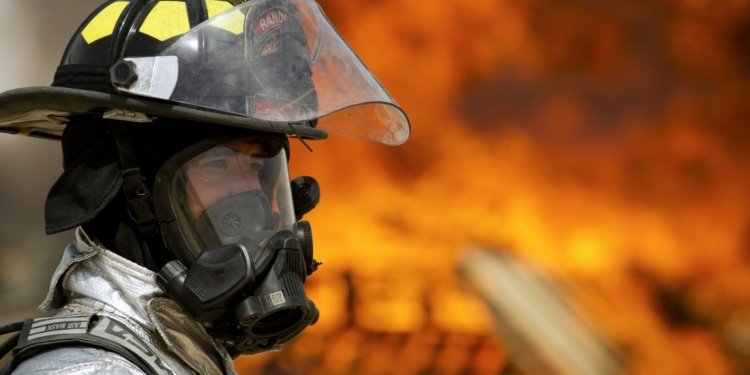How to Protect Yourself from Wildfire Smoke When Air Quality Declines
More communities are experiencing the effects of wildfires—not just from flames, but also from smoke—as they grow more common and intense as a result of climate change and extended drought. People who live far from the actual fires may be impacted by poor air quality caused by smoke from wildfires that can spread hundreds or even thousands of kilometers. Here are some tips to help you get ready, safeguard your health, and relax a bit.

The Effects of Wildfire Smoke on Air Quality
Smoke from wildfires involves more than simply soot and smog. It is a risky combination of:
PM10, PM2.5, and PM0.1 particulate matter: Some of these microscopic particles are small enough to enter your bloodstream, while others can become lodged deep within your lungs.
toxic gases produced by burning chemicals, plastics, buildings, and plants.
Traveling long distances: You do not have to live close to a fire to experience its effects because smoke can travel across state and national borders on wind and jet streams.
Hazards to Health from Exposure to Wildfire Smoke
Smoke from wildfires can irritate your lungs, throat, eyes, and skin. However, for some, the dangers extend beyond discomfort:
Short-term symptoms include headaches, inflamed eyes and throat, wheezing, coughing, and shortness of breath.
Serious issues: respiratory failure, heart attacks, and strokes—particularly in those with long-term illnesses.
Who Is Most in Danger?
Certain groups are particularly susceptible to the negative consequences of smoking:
Children (because to the fact that their lungs are still growing)
People who are pregnant
Senior citizens
People who suffer from heart disease, COPD, or asthma
Workers outside
Consult a physician about how to modify medication or what symptoms indicate an urgent care need if you or someone you care for fits into any of these categories.
How to Get Ready for the Season of Wildfires
Smoky conditions might persist even if there is no immediate threat of fire to your house. How to be prepared is as follows:
Create an evacuation strategy: Provide transportation choices, emergency contacts, and meeting locations.
Be prepared: Stock up on non-perishable food, water, and prescription drugs for a few days.
Save reliable sources to your bookmarks: For up-to-date information on wildfires and air quality, use the Fire and Smoke Map.
Register for local notifications: Keep yourself updated on any local evacuation orders or fires.
Six Strategies to Lower Health Risks on Smoky Days
Every day, check the quality of the air.
Use a reliable app or AirNow.gov. On days with a high risk, limit your time outside.
Remain indoors and cover up.
Shut vents, doors, and windows. If at all feasible, run the air conditioner in recirculation mode.
Put a HEPA air purifier to use.
The rooms where you sleep or spend the most time are very important. Avoid purifiers that produce ozone.
Establish a "clean chamber."
Select a space with minimal windows. Keep it smoke-free, filtered, and cold.
Stay away from indoor air contaminants.
Do not use gas stoves, candles, incense, or vacuums. Even cooking can worsen indoor air quality.
Put on the appropriate mask outside.
Use a properly fitted N95, KN95, or P100 respirator rather than a cloth or surgical mask if you must go outside.
The Bottom Line: Smoke from wildfires is a major health risk in addition to being an annoyance. However, you may shield yourself and your loved ones from its most detrimental consequences if you are prepared, have the appropriate tools, and have a strategy in place. Remind yourself that clean air is health care, keep informed, and stay indoors when necessary.
What's Your Reaction?




















